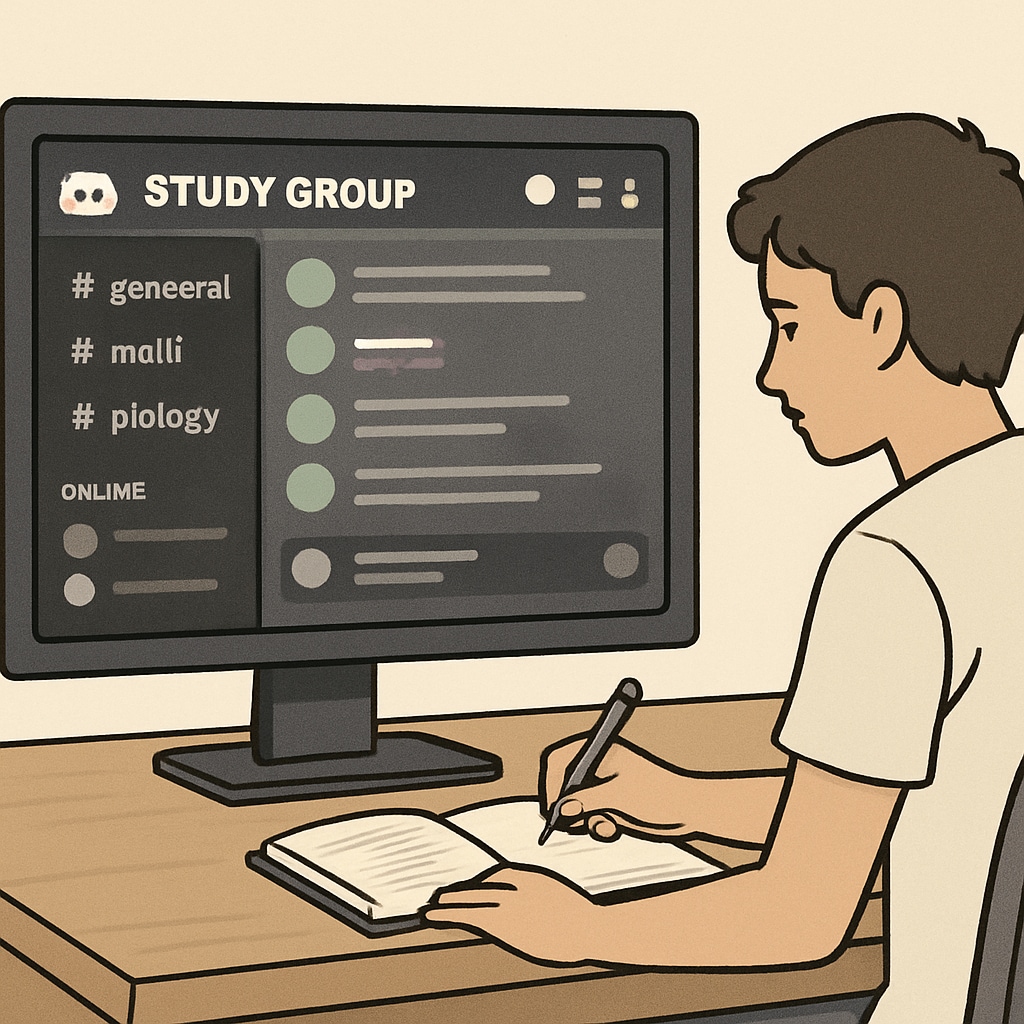In today’s competitive academic environment, finding the right study community can make all the difference. At Houston University, resources such as study groups, Discord servers, and campus organizations empower students to collaborate effectively and build a sense of belonging. These tools not only enhance academic performance but also foster valuable skills like teamwork and resilience, which are essential for success in K12 education and beyond.
The Importance of Learning Communities
Learning communities are designed to bring students together for shared academic goals. Whether it’s through study groups or online platforms like Discord, these communities create a supportive environment for exchanging ideas, clarifying concepts, and solving problems collaboratively. For instance, a well-organized study group can help students tackle challenging coursework while improving communication skills and accountability.

Resources for Finding Study Groups at Houston University
Houston University offers a variety of tools and platforms to help students find their ideal study community. Here are some ways to get started:
- Join Campus Organizations: Many academic and extracurricular clubs organize study sessions for their members. Check the university’s student organization directory to find clubs that align with your interests.
- Use Discord: Discord has become a popular tool for creating virtual study groups. Many Houston University students use it to connect with peers, share resources, and schedule group study sessions. Look for server links shared by professors or student groups.
- Visit the Academic Resource Center: The university’s resource center often hosts workshops and facilitates learning communities based on specific courses or majors.
- Ask Your Professors: Professors and teaching assistants may know of existing study groups or can help students form new ones.
By leveraging these resources, students can build dynamic learning communities that contribute to both academic and personal growth.

Applying the Study Community Model to K12 Education
The benefits of study groups and collaborative learning aren’t limited to university students. K12 educators can adopt similar models to help younger students develop skills like teamwork, problem-solving, and resilience. For example:
- Encourage Peer Learning: Teachers can organize small group activities focused on collaborative problem-solving.
- Utilize Technology: Platforms like Discord or Google Classroom can be used to create virtual study spaces for K12 students.
- Foster Inclusivity: Study groups should be designed to include students from diverse backgrounds, ensuring everyone feels valued and supported.
These strategies not only enhance academic performance but also prepare students for the collaborative demands of higher education and professional life.
Final Thoughts
Whether you’re a student at Houston University or a K12 educator looking to foster collaborative learning, the power of study communities cannot be overstated. By utilizing resources like Discord, campus organizations, and academic centers, students can cultivate meaningful connections that enhance both their educational experience and personal growth. Start building your learning community today!
Readability guidance: Use concise paragraphs and clear lists to summarize key points. Incorporate transitions (e.g., “however,” “in addition”) to maintain flow. Balance active and passive voice, limiting long sentences to keep the text engaging and accessible.


